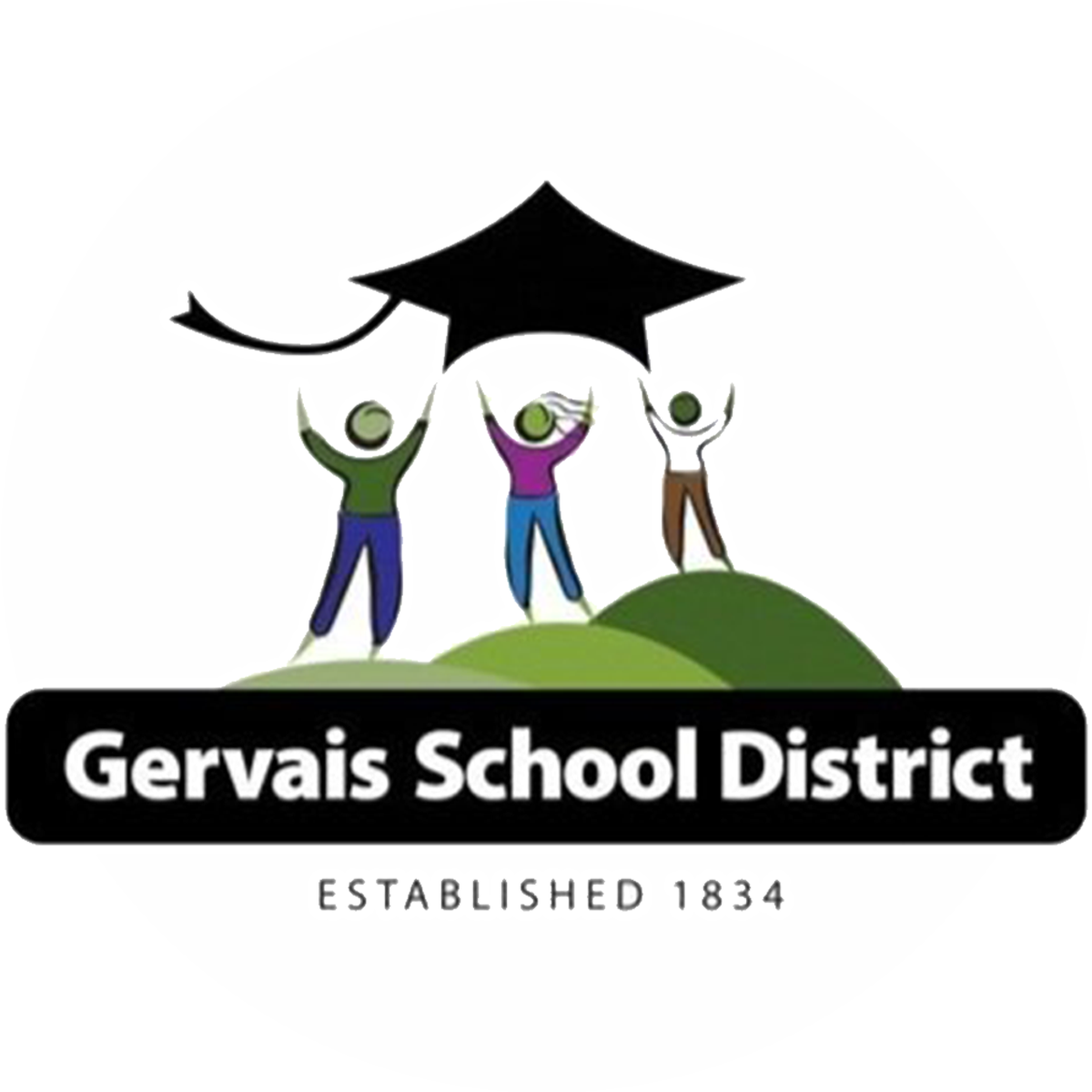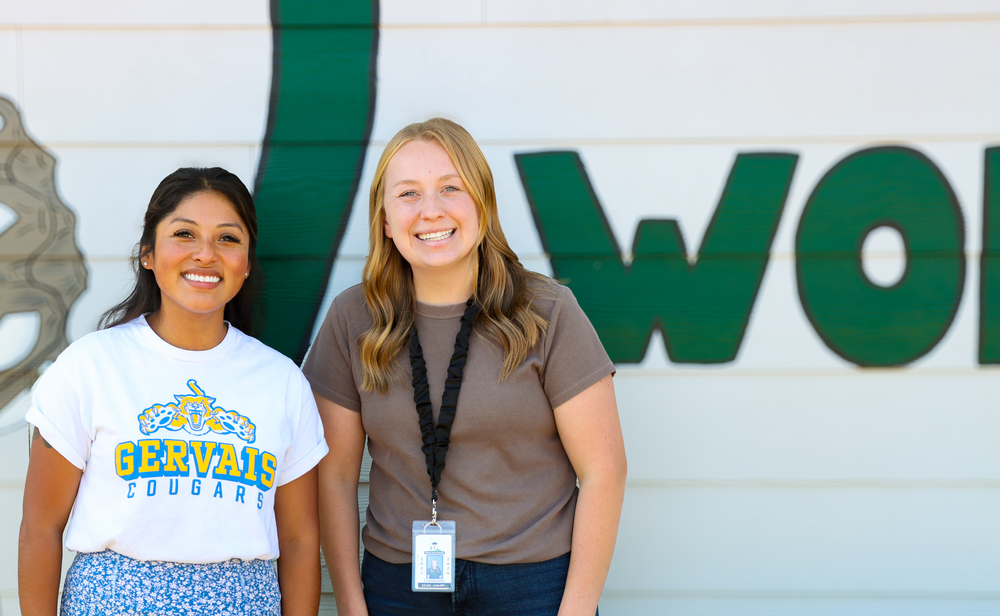Lee este artículo en español en la edición de Octubre de Community Connections.
At Gervais Middle and High School, we’re proud to highlight the ongoing work of Guadalupe Lopez, our Student Advocate and Behavior Management Coordinator, and Courtney Utter, our Gervais District Nurse, who are leading a thoughtful, brain-based, and community-engaged approach to substance use prevention and student support.
Middle School: “Know Your Neuro” in Homeroom
In our middle school homeroom classes, Guadalupe introduced “Know Your Neuro,” a prevention curriculum developed by Dr. Crystal Collier. This program is grounded in neuroscience and social-emotional learning. It helps students understand the stages of brain development—what Dr. Collier calls “neurowhereabouts”—and builds executive functioning and coping skills to protect their developing brains and steer them away from high-risk behavior. Know Your Neuro
The curriculum includes short videos, age-appropriate classroom activities and discussion guides, and is designed to integrate easily into a homeroom or health class setting.
By providing young adolescents with insight into how their brains develop and respond to stress, peer pressure, and risky decisions, Know Your Neuro equips them with the tools to make healthier choices—and to understand their own impulses and emotions in a new light.
Courtney Utter, our District Nurse, plays a key role in helping deliver this program at Gervais Middle School. She works closely with Guadalupe to support students, answer health-related questions, and provide additional resources so families and staff can connect brain-based learning with overall wellness. Together, Guadalupe and Courtney ensure prevention efforts are both medically informed and accessible.
For our Spanish-speaking students and families, Guadalupe has worked to adapt or supplement this curriculum in Spanish, ensuring that literacy, language, and cultural connections support prevention efforts and make the message accessible to everyone.
High School: Listening, Supporting, and Awareness
At the high school level, Guadalupe meets regularly with students who are using substances, digging beneath the surface to listen for the underlying reasons behind their choices. The focus is on creating a safe space, a support group where students can share their experiences without judgment, build preventative skills, and hear from guest speakers in a trusted environment.
The program is also planning to screen a fentanyl-awareness video from Song for Charlie, a nonprofit organization dedicated to educating teens and families about the real risks of fentanyl and counterfeit pills. The intent is to give students a factual, age-appropriate and emotionally real look at what “fake pills” can mean—and to reinforce the “No Random Pills” message in a peer discussion setting.
Reaching into the Community
Prevention isn’t happening just behind school walls. This program has taken a strong community-connected approach:
Information, resources, and factual messaging about substance use risks have been made visible at school events, helping raise awareness among students, families, and community members.
A Parent Education Night was held this last spring, featuring our school counselor, nursing students, and representatives from Marion County public health and community services. Together, they presented on how substance use affects the body, shared local support and recovery resources, and offered strategies that families can use at home to talk about substance use and build resilience.
The Big Picture
This is more than a program—it’s a prevention ecosystem. We’re meeting students where they are (and where their brains are), giving them real tools and real conversations, involving their families, and connecting with trusted community partners.
We believe that by weaving together brain-based learning, empathetic listening, peer support, factual awareness, and community education, Gervais students will be better equipped to recognize risk, make informed choices, and feel supported in reaching out for help when needed.

